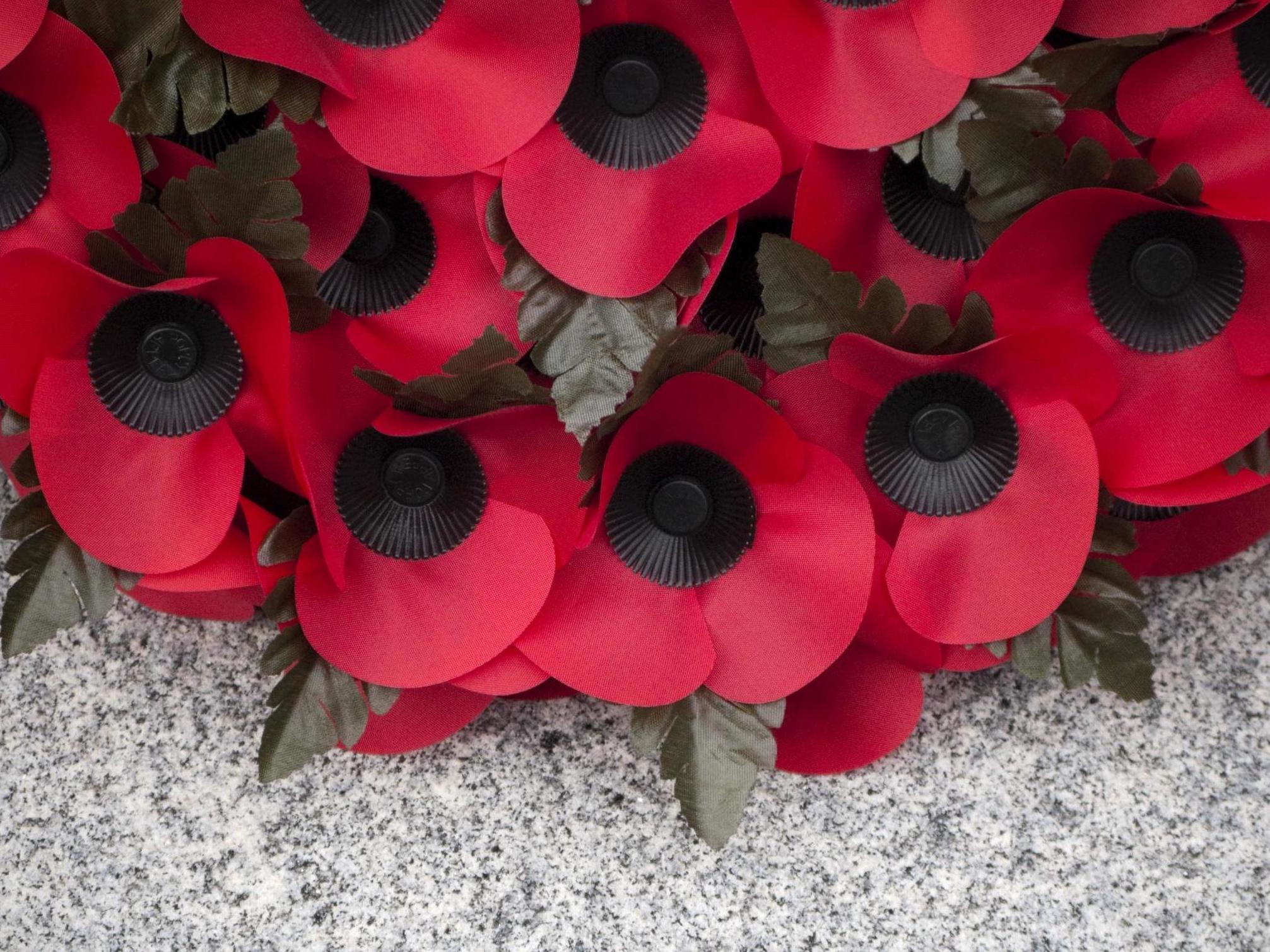My grandparents struggled through the First World War, but I’ll never buy a poppy again
Please send your letters to letters@independent.co.uk

Your support helps us to tell the story
From reproductive rights to climate change to Big Tech, The Independent is on the ground when the story is developing. Whether it's investigating the financials of Elon Musk's pro-Trump PAC or producing our latest documentary, 'The A Word', which shines a light on the American women fighting for reproductive rights, we know how important it is to parse out the facts from the messaging.
At such a critical moment in US history, we need reporters on the ground. Your donation allows us to keep sending journalists to speak to both sides of the story.
The Independent is trusted by Americans across the entire political spectrum. And unlike many other quality news outlets, we choose not to lock Americans out of our reporting and analysis with paywalls. We believe quality journalism should be available to everyone, paid for by those who can afford it.
Your support makes all the difference.I refuse to buy a poppy. While I am prepared to admit this fact in a letter, I would hesitate to state this fact in public – and therein lies the problem.
To present some context: I had grandparents from the First World War generation who were part of my life until they died in my teens. My father fought in the Second World War in various campaigns from Africa to Europe and rarely chose to talk about the things he had witnessed. The prevailing view that I learnt from both generations was that war was tragic, no one wins and everything should be done to avoid another one.
If the poppy symbolised these views and reflected that conclusion, I would be at the front of the queue to buy one, but presently I do not feel that it does.
To my mind, the poppy is used as a symbol of patriotic/nationalistic remembrance and is openly linked with the pomp and pageantry of militarism. People in public life and the media are clearly compelled to wear one – to refuse to do so is practically treasonous.
I do not doubt the motives of the many who choose to wear the poppy, but having been at public events where ignorant young people have chanted “we won the war” and sung songs about shooting down German planes, I feel that we should look at everything in our society that fuels this malignant, ill-informed view of history.
The millions who died in the trenches in the First World War lost. The millions of all nations who died in the Second World War lost. “We will remember them” and should never forget. But we don’t need to do with through the poppy.
John Dillon
Birmingham
Jacob Rees-Mogg is the one with no common sense
Has anyone suggested to Jacob Rees-Mogg that there’s actually nothing clever about trying to run down a stairwell filled with choking, toxic fumes?
Ian Hurdley
Ferndown
It is common sense not to put flammable coatings on high-rise buildings.
It is common sense to instal sprinklers in high-rise buildings.
It is common sense to instal fire doors in high-rise buildings.
Mark Vaughn
Oxon
Unrealistic targets?
By pledging to make the UK carbon neutral by 2025 and 2030 respectively, the Green and Labour parties have demonstrated that they are a joke and not worthy of serious consideration when going to the polls.
They appear to have no comprehension of the seismic changes that would be needed to make this a reality and have ignored the elephant in the room: it will ultimately make no difference, given that the UK is responsible for only 1 per cent of global CO2 emissions.
Andy Brown
Derby
Universal credit falsehoods
Scandalous news that the Department for Work and Pensions paid almost a quarter of a million pounds to the Metro newspaper to promote its lies in advertorials about universal credit. Heads should roll for this but the greater scandal is that most of us can no longer tell the difference between fact and opinion, advertorial and editorial, truth and lies.
Alison Hackett
Dublin
Russian interference
I gather that Johnson’s government is refusing to publish the 50-page report into possible Russian interference in the UK’s 2016 Brexit referendum until after the general election, citing the need for the report to be extensively scrutinised for reasons of national security. One wonders whether this is, by any chance, the same government which was expected to scrutinise Johnson’s 110-page Brexit deal, with 125 pages of additional notes, in a mere three days.
Julian Self
Milton Keynes
Join our commenting forum
Join thought-provoking conversations, follow other Independent readers and see their replies
Comments